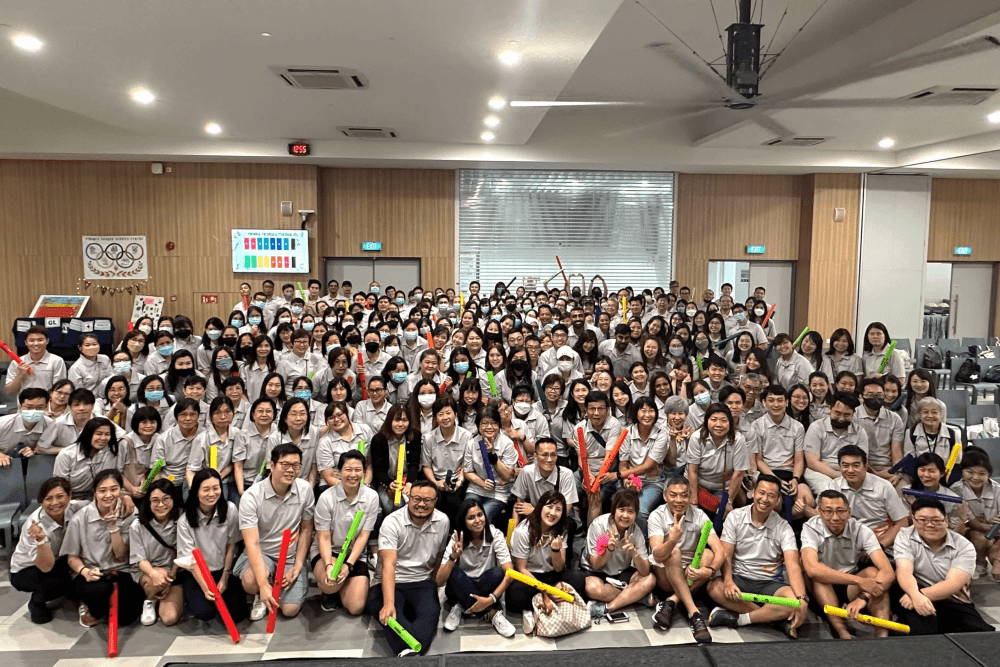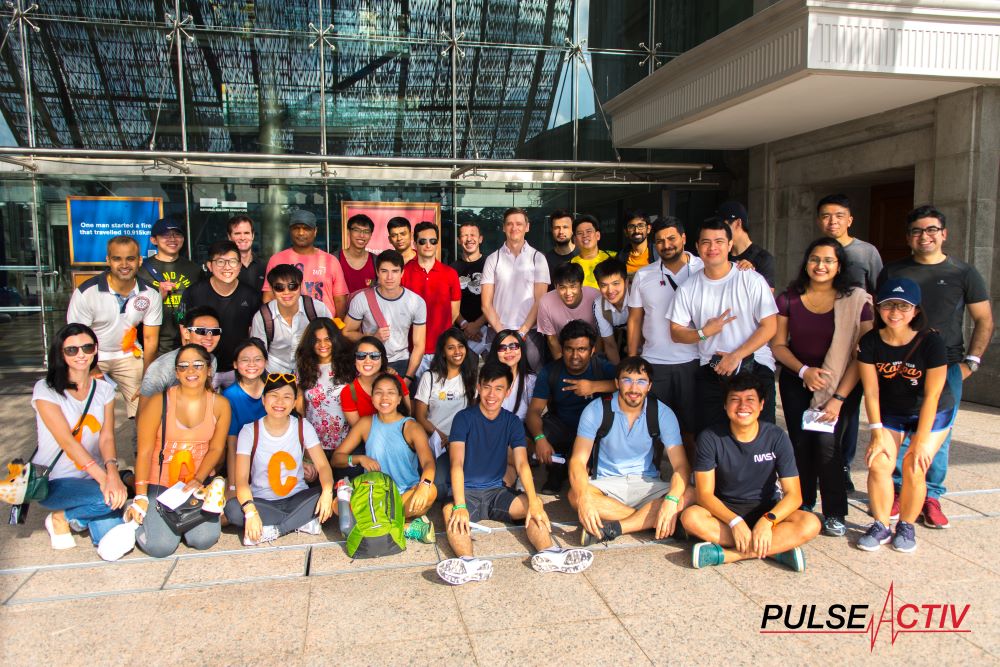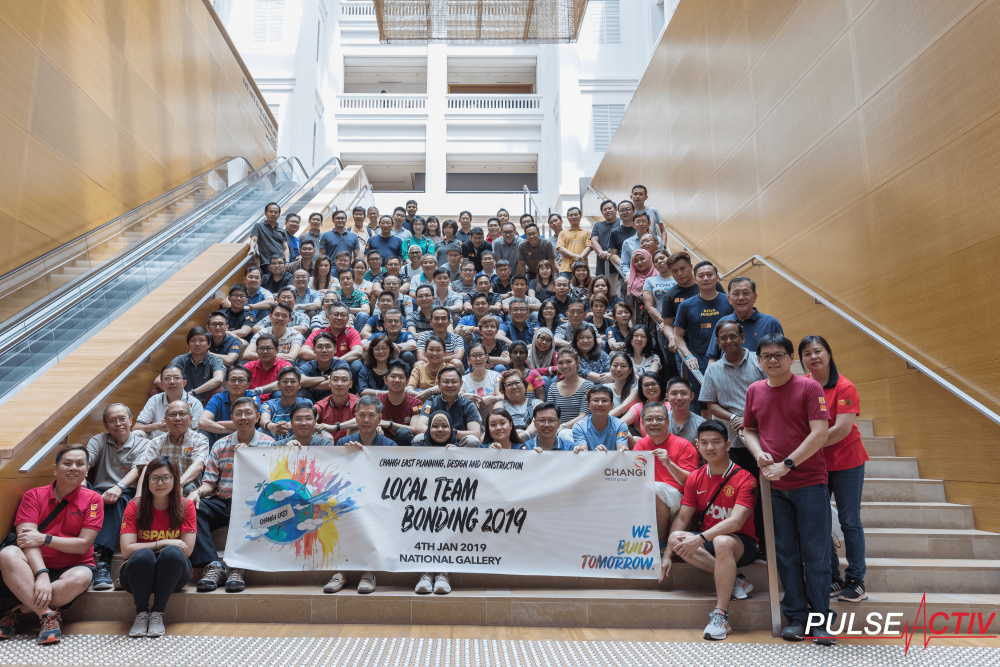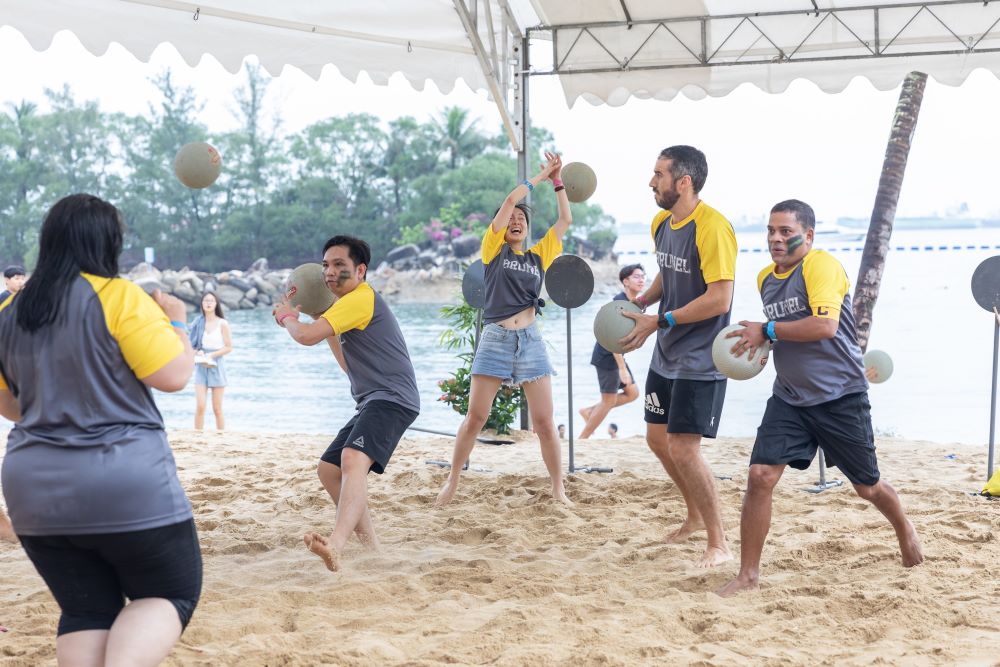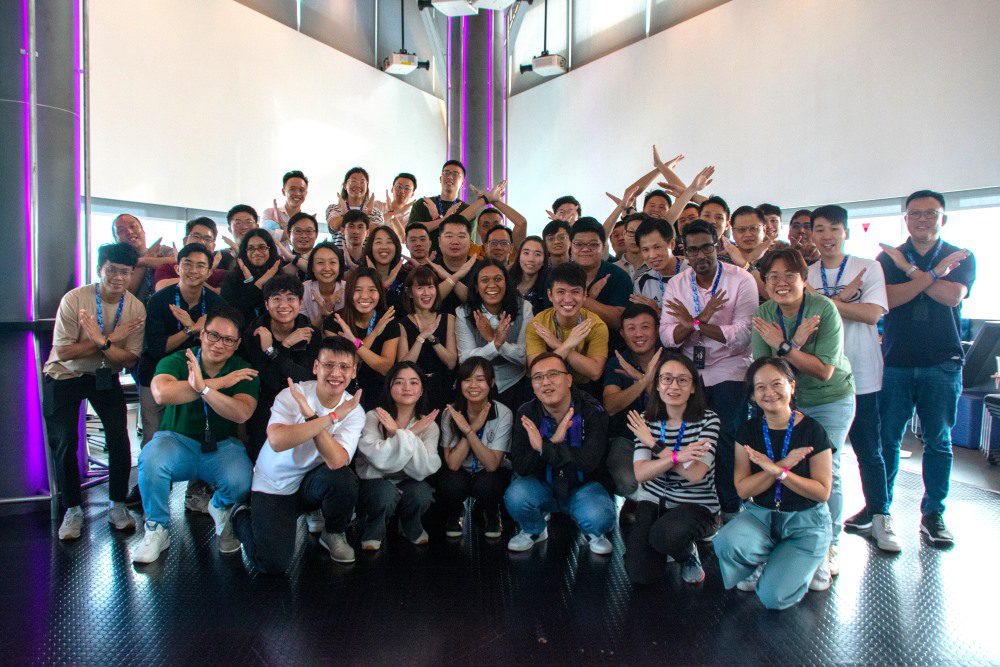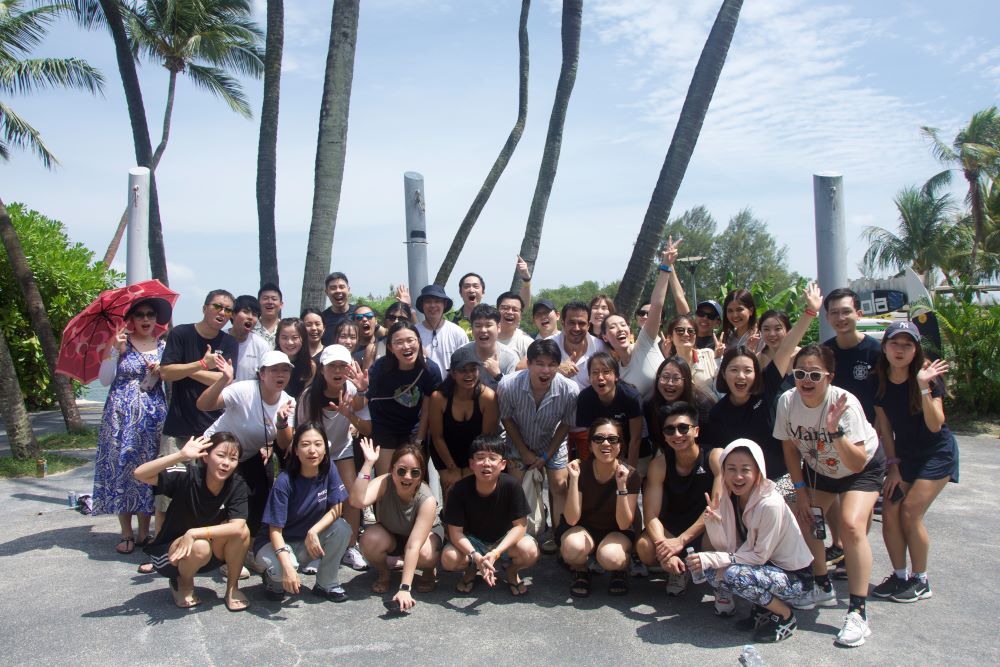Why Team Building and Management Is the Key to a Successful and Well-Adjusted Team
In today’s uncertain economy, having a reliable, high-performing team is one of the greatest assets a company can have. Finding and training new employees is not only expensive but also time-consuming, making it more important than ever to retain and strengthen the team you already have. This is where effective team management and engaging team building activities play a vital role. A strong, well-adjusted team doesn’t just happen—it’s built through consistent effort, trust, and shared experiences.
The Importance of a Strong Team
Every successful business is powered by the people behind it. When a team feels connected, supported, and aligned, the results show up in better collaboration, higher productivity, and stronger morale. On the other hand, when teams are disconnected, it leads to miscommunication, lower engagement, and eventually higher turnover—something companies can’t afford in today’s job market.
Why Team Management Matters
Strong management sets the tone for a healthy workplace. Leaders who provide clear direction, constructive feedback, and genuine support create an environment where employees feel valued and motivated. Effective managers:
Define roles and expectations clearly.
Recognize and reward contributions.
Foster open communication and inclusivity.
Resolve conflicts before they escalate.
This level of management builds trust and ensures that employees work together as one unit rather than in silos.
How Team Building Helps in Today’s Workplace
While management sets the structure, team building activities bring energy and connection to the workplace. These activities help employees bond, collaborate, and see each other beyond job titles. Even simple office activities can create meaningful impact, such as:
Coffee catch-ups or lunch rotations to build cross-departmental connections.
Office trivia or quiz challenges to spark friendly competition.
Milestone celebrations that recognize individual and team achievements.
Wellness breaks like group stretching, walking meetings, or yoga sessions.
Theme days (casual Fridays, jersey day, or festive dress-up) to lighten the mood.
These smaller efforts, combined with larger corporate team building events, help create a balanced mix of daily connection and big-picture bonding.
Why Fun Team Bonding Activities Work Best
Dedicated team building events have a bigger impact because they allow employees to step outside their routine and engage in creative, physical, or playful challenges together. These shared experiences build stronger relationships, reduce stress, and encourage innovation. Some popular team building activities in Singapore include:
Mini Olympics – Fun competitive games like relay races, tug-of-war, and obstacle courses bring energy and camaraderie.
Dragon Boat Racing – A thrilling outdoor activity that requires teamwork, rhythm, and unity to succeed.
Corporate Carnival Days – With booths, games, and lighthearted contests, this creates a festive and memorable experience.
Board Game & Puzzle Challenges – Perfect for strategy, problem-solving, and relaxed bonding.
Charity & Volunteer Events – Working together for a meaningful cause builds purpose and shared values.
Creative Workshops – Activities like painting, crafting, or building projects encourage creativity and reveal hidden talents.
Sports or Fitness Sessions – From yoga classes to football matches, physical activities promote wellness and team spirit.
These events aren’t just “fun days out.” They directly contribute to better communication, higher trust, and a stronger workplace culture that employees want to stay in.
The Advantages of Prioritizing Team Building
When companies consistently invest in team building activities and good management, the benefits extend far beyond the event itself:
Employee Retention – Happier, more connected employees are less likely to leave.
Increased Productivity – Stronger collaboration means smoother workflows.
Innovation & Problem-Solving – A bonded team shares ideas more freely.
Resilient Culture – Teams that enjoy working together adapt better to challenges.
Employer Branding – A positive culture attracts top talent in a competitive market.
Final Thoughts
In a competitive economy where replacing employees is costly, team building and effective management are the keys to building a successful and well-adjusted team. From small in-office activities to larger events like Mini Olympics, Dragon Boat Racing, or Corporate Carnivals, these experiences create lasting bonds, boost morale, and strengthen workplace culture.
At the end of the day, a company is only as strong as the people driving it forward. By investing in consistent management practices and meaningful team building activities in Singapore, organizations can create resilient, motivated, and happy teams that thrive together.


